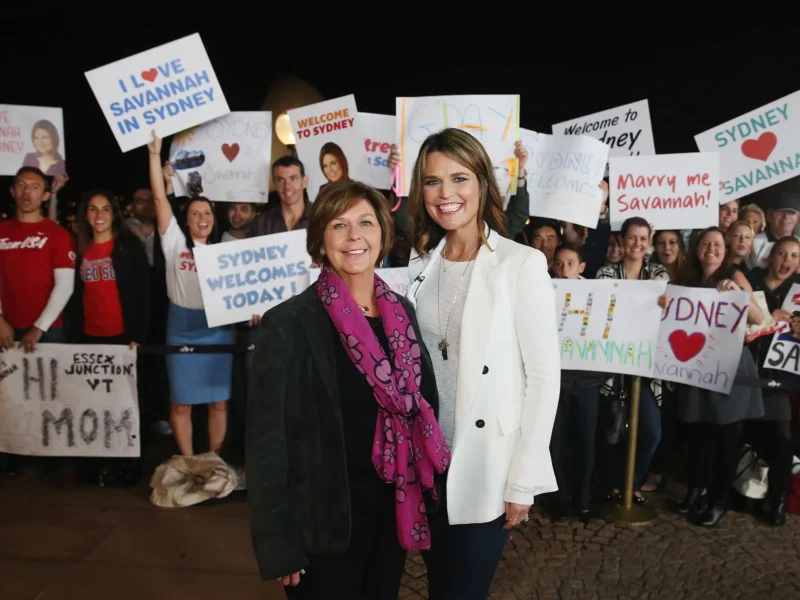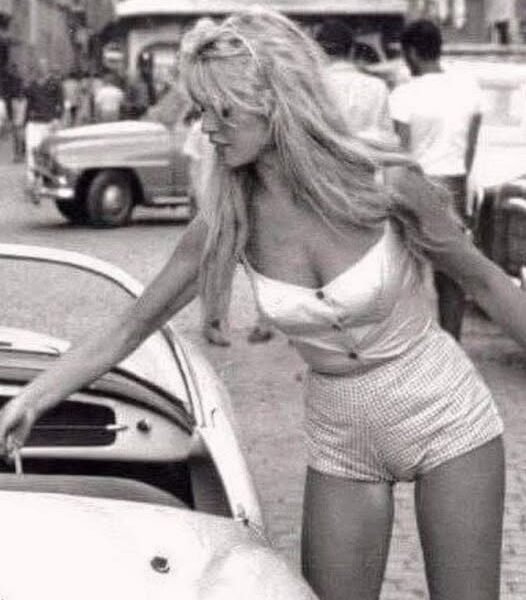The first time Patricia Wells saw him cry, she almost couldn’t believe it. Robert Morrison — sixty-six years old, broad-shouldered, leather-vested, every inch the intimidating biker — sat in her office clutching the photo of a four-year-old girl named Ruth.
A child with a port-wine birthmark covering half her face, a child who had stopped speaking after six families returned her like something defective. “Please,” he whispered, his voice trembling into his graying beard.
“I know I’m old. I know I’m single. But let me take her home. I don’t care about the birthmark. I care about the little girl who’s been told she’s not enough.” He pulled out a fading photo of his late daughter, Sarah, who had died thirty years earlier. “I promised her I’d help a girl nobody else wanted. I’ve been waiting a lifetime to keep that promise.”
When he finally met Ruth in the playroom, everything changed. She didn’t hide from him the way she hid from everyone else — instead she walked straight to him, touched his beard, and traced the scars on his weathered skin as if recognizing something familiar.
Without saying a word, she climbed into his lap and fell asleep, the first peaceful rest she’d allowed herself in months. That moment began a three-month whirlwind of background checks, home visits, and interviews.
Robert passed everything. His motorcycle club brothers wrote letters calling him “the most honorable man alive.” Even his ex-wife called the agency crying, saying this might be the thing that healed the grief he’d carried since losing Sarah. And when adoption day came, Ruth brought everything she owned in a single plastic bag — her whole life fitting into one hand.
The room Robert built for her made her collapse into tears — pink walls, teddy bears, shelves of books, a real bed of her own. “Is this mine?” she whispered, her first words in eight months.
“Even with my… face?” Robert knelt, pulled her close, and let his voice break. “Ruth, your face is beautiful. Anyone who couldn’t see your worth didn’t deserve you.” From that moment forward, she bloomed. She did a few laser treatments that softened her birthmark, then asked to stop.
“My mark makes me special, Daddy. Just like your tattoos make you special.” By the time she turned seven, she was confident, talkative, and fearless — a warrior in a tiny leather vest that matched Robert’s.
At the final adoption hearing, sixty bikers lined the courthouse hallway. Rough men with tattoos and boots wiped their eyes as Ruth stood in her white dress and spoke. “Thank you, Daddy,” she said, voice trembling but brave.
“Thank you for wanting me when nobody else did.” When it was over, Patricia whispered, “You saved her life.” But Robert shook his head. “No, ma’am. She saved mine.”
Watching them walk out — the towering biker and the tiny girl holding his hand — Patricia realized the truth: the families who returned Ruth didn’t fail her because she was unlovable; they failed because they couldn’t see love when it was right in front of them. Robert did. And in choosing her, he gave her a home, a future, and a father’s heart strong enough to hold all the pieces life had broken.


